SymfonyLive New York 2014
October 7 – 10, 2014 • New York (United States)
Rock Solid Deployment of Symfony Apps Pablo Godel
Web applications are becoming increasingly more complex, so deployment is not just transferring files with FTP anymore. We will go over the different challenges and how to deploy our PHP applications effectively, safely and consistently with the latest tools and techniques. We will also look at tools that complement deployment with management, configuration and monitoring.
Dockerize your Symfony application Andre Rømcke
With the advent of docker it is now easier then ever to make sure you develop, test and deploy using the same environment, resulting in no more issues caused by differences or missing libraries. Talk will go into the basics of containers, docker, and showcase how to setup a basic php + mysql environment for your symfony app.
The view from inside Kris Wallsmith
Kris will talk about his ongoing experience building a startup on top of Symfony. He is currently on the solo-founder track at Wieden+Kennedy's Portland Incubator Experiment (PIE), and will talk about juggling product and business development in an environment where nothing is ever the same as it was yesterday.
Symfony and the API Gateway Brent Shaffer
Five products, four programming languages, and six datacenters. How would you expose all that behind a single API endpoint? This is the problem the Adobe Web Services team solved using Symfony2 and the API Gateway. Learn how to best protect your APIs with existing open-source libraries and bundles. The talk will cover Logging and Monitoring, Rate Limiting, Authentication, and Request Transformation.
Developing Beautiful, Measurable Software Jeremy Mikola
Software engineering is a measurable art. At some point or another, most developers have come across code that elicited feelings of approval or disgust; however, "clean code" can be more than a matter of opinion. We can measure it! This session will explore the spectrum of object calisthenics, software metrics, and tools that we can employ to help us create beautiful software.
Still on Symfony - What have we learned Baldur Rensch
Last year I talked about how we moved a large ecommerce site from Zend to Symfony 2. We now also run NordstromRack.com on this platform. This year I am going to follow up by touching on a wide variety of subjects related to enterprise applications: Yes, we are still using Symfony. Yes, we still love it. Since we have moved almost all of the code into Symfony, our concerns have shifted: We are now a lot more focused on monitoring and logging (Sentry, StatsD). What's on our dashboard, and what have we learned about performance. I want to touch on how we are moving this large monolithic application towards a Service Oriented Architecture and what we are experimenting with to support such an architecture: Containers (Docker), Service Discovery (Consul), Orchestration etc. How do we ensure our application is as testable as possible (PHPUnit, Behat, our complex build pipeline in Travis CI). Why we are using multiple Kernels and how do we handle configuration with so many bundles.
The Twelve-Factor App: Best Practices for PHP on Platforms-as-a-Service David Zuelke
Horizontal scalability has always been at the core of PHP application design, and in the cloud, that approach shines the brightest. But to fully leverage the power and convenience of PaaS offerings such as Heroku, it's worth following certain best practices and methodologies when developing applications. This presentation covers all the steps from code and dependency management over configuration to maintaining dev/prod environment parity, and will demonstrate, live on stage, just how easy it can be to deploy and scale a Symfony application on Heroku.
Building Performance: From Symfony to Drupal 8 (and Back) James Meickle
I'm a long time Drupal user, so I embraced Symfony when I heard that Drupal 8 would be adopting it. I started reading about the Symfony project, bundles, and dependency injection. In not that long, I ported a performance monitoring Drupal 7 module into a performance monitoring Symfony bundle - and hacked it into running on Drupal 8! But Drupal 8 only ever adopted a very limited subset of Symfony code, and it never moved towards structuring itself in a Symfonic way. No way ever materialized to run bundles in Drupal 8, so I had to port the bundle's functionality back into a port of the Drupal 7 module. When a customer asked for Symfony support, I had mostly Drupal-specific code that was only loosely based on a bundle - so I had to port everything back! There are now two slightly overlapping codebases; the Symfony bundle is in production use on several very large media sites, allowing for monitoring of dozens of subrequests and heavily nested templating.
RESTing with Symfony Lukas Kahwe Smith
Based on concrete examples, you will learn how to build a REST API using Symfony2 and many third-party libraries in an efficient manner. We will dive into each layer including routing, controllers, serialization, versioning, testing, the security layer and even the documentation (this list is not exhaustive). Overall, this talk describes the state of REST in the Symfony2 world.
Async PHP with React Jeremy Mikola
Event-driven programing is a familiar and useful tool for crafting client/server apps and asynchronous libraries. Akin to Node.js or Python's Twisted, React brings PHP up to speed with all of the necessary pieces in a well-packaged framework. This session will introduce the concept of event loops, non-blocking IO, and async programming in PHP, and explore ways it can serve in your technology stack. We'll also examine client/server application, child process communication, addatabase driver
Solving the Hard Parts of eCommerce Ryan Szrama
Thanks to Composer and Symfony, we all realize the advantages of single purpose libraries that solve specific problems. However, when it comes to eCommerce, there are few such libraries. eCommerce projects tend to be monolithic applications. Every few years we start over with a new technology stack, but we keep repeating the same mistakes with taxes, pricing, payments, addresses, etc. Our knowledge resets. How can we build a knowledge base of best practices? What reusable code can we publish? This session will provide an overview of some problems that we believe can be solved by abstract libraries: * Currency handling * Price management and complex pricing * Tax handling and the interaction between taxes and discounts * Address input and formatting * Payment processing We’ll then demonstrate the libraries Commerce Guys is publishing that we will use to power Drupal Commerce 2.x, the next version of the popular Drupal eCommerce module suite with more than 40,000 live sites.
A Decoupled Drupal with Silex Larry Garfield
"Decoupled Content Management Systems" are all the rage these days. In theory, by separating the various parts of a CMS platform into separate pieces a site can scale, grow, and evolve more freely. Of course, that's quite different than how most open source CMS platforms are built today. That doesn't mean they can't be used that way. Just because a given CMS is designed as an all-in-one solution doesn't mean it cannot be used in a decoupled fashion. All it takes is a little cleverness and some Open Source goodness. In this session we'll look at how Palantir.net paired up Drupal with Silex to produce a decoupled, scalable, robust CMS to power a RESTful API for a major media company. With Drupal powering the robust content administration system and Silex acting as a lean-and-mean REST server we were able to get the best of both worlds: Powerful CMS application and lightweight web framework.
Symfony Grows Up: The Developer Experience (DX) Initiative Ryan Weaver
I'm routinely overwhelmed by the quality, features and *people* that make Symfony possible. But earlier this year, I looked around and at the Symfony universe and saw something I didn't like: complexity. Not because our high-quality tools need to be hard, but because we had stopped asking one important question each time we solved a problem: "How could we make this simpler?" And so, the Developer Experience (DX) initiative was born to ask that question and make Symfony more *productive* and joyful. In this talk, I'll show you what we've already accomplished and how it will immediately affect how you develop (in a good way). We'll also see what's next and why I'm so excited about the future.
Did you miss SymfonyLive New York 2014?
Join us at an upcoming conference!
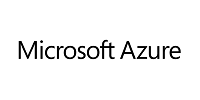
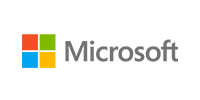
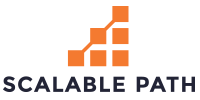
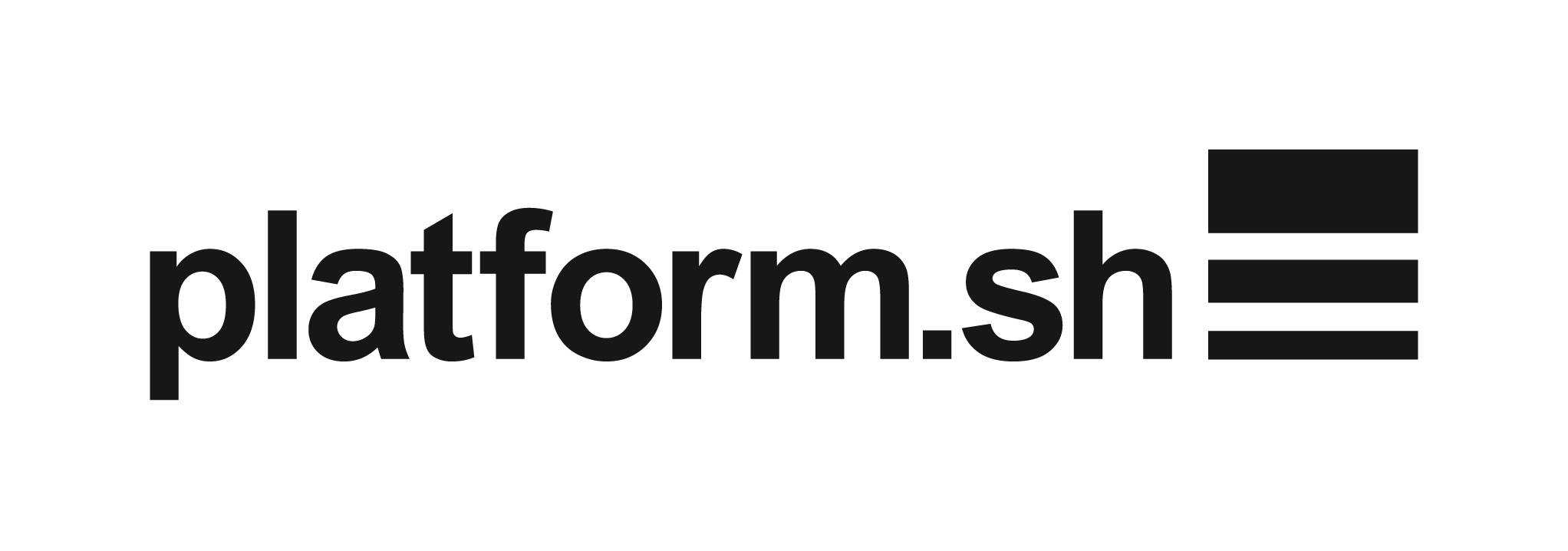
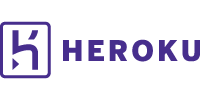

![Logo of php[architect]](/uploads/sponsors/54218cefd01e9.png)


